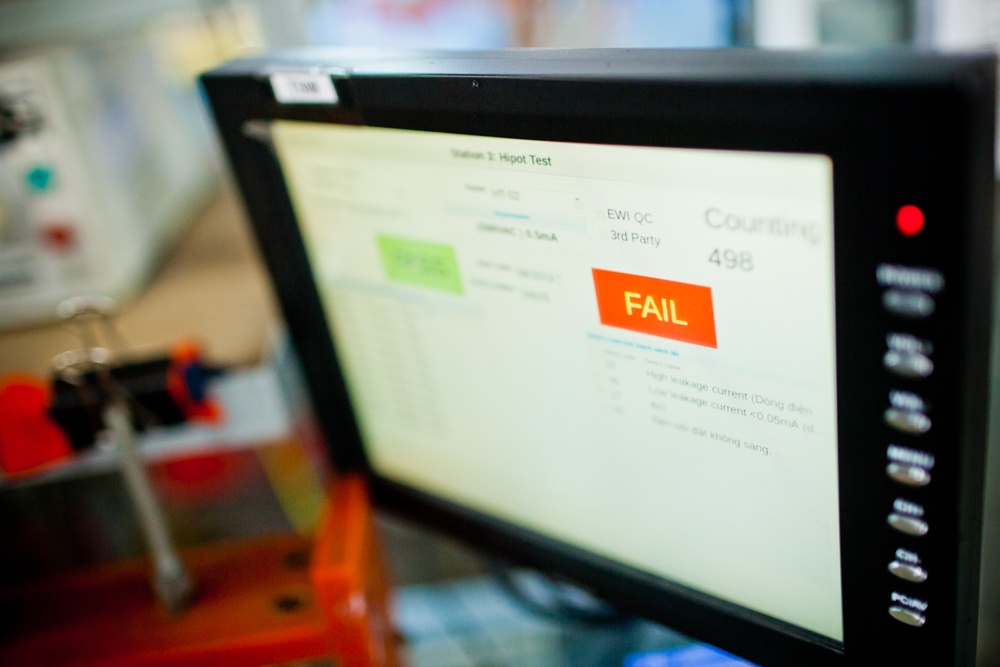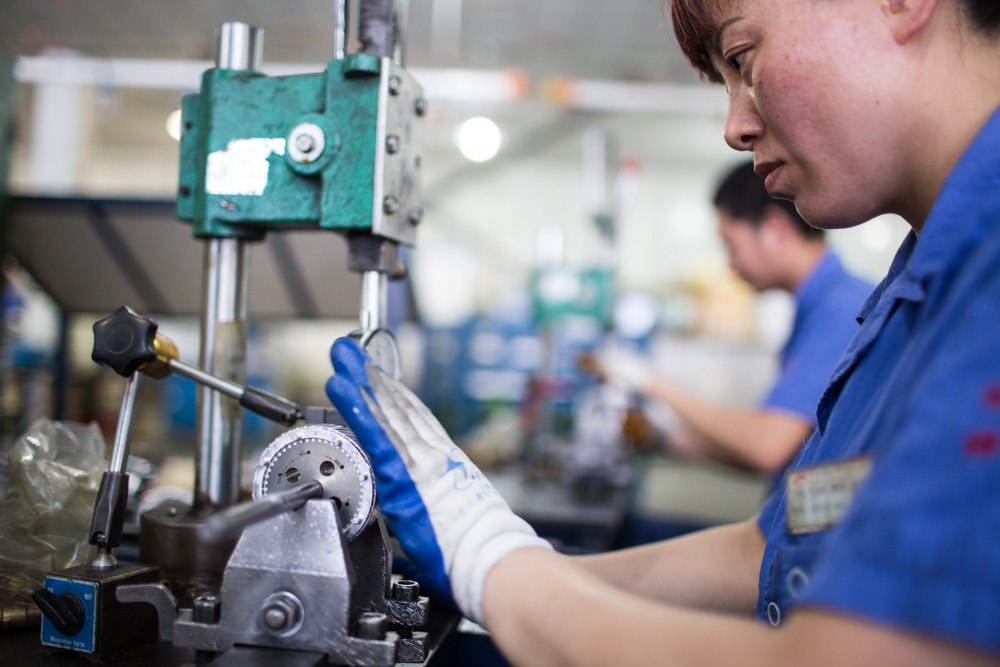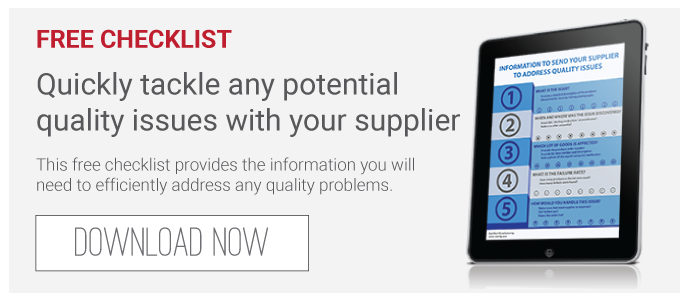Third party testing and certification is one of the most important and expensive decisions you'll make in the product development process. Certification marks — whether UL, ETL or some other entity — demonstrate that the testing facility has tested samples of the product and found that it met that entities' requirements. The mark guarantees the safety of the product, but not its performance or quality.

Going after the certification can be challenging, and it will require you to focus on a few things that might remind you a lot of your college days:
- Research
- Money
- Time Management
- Documentation
Let's take a deeper dive.
Research - It's up to you to find out whether or not your product is required to actually have certification marks or whether the market "requires" it. Because of consumer expectation, it could be that your product won't sell if a UL mark isn't on it, whether it's required or not. Or you might be pleasantly surprised to learn that spending thousands of dollars on a UL mark isn't necessary at all. But do your homework and don't make assumptions. Here's a link to a list of products that require certification from Nationally Recognized Testing Laboratories (more on that below), and here's a list of some products that ALWAYS require require testing and certification:
- Electrical cables and mains powered equipment - These products must meet international electrical codes
- Industrial components - These products must meet building codes, for example building materials are made to be water or mold resistant or to be able to bear a certain amount of weight. Some products are manufactured with flame retardant properties.
- Any consumer goods that may present a safety risk.
Money - Getting your product certified is expensive. It will run into the thousands of dollars. It can also be an ongoing expense when you make changes to your product. Keep in mind: Any change to the design or material requires re-certification. Think carefully about design changes. Will the change significantly enhance the performance or life of the product? Have customers clamored for a change?
Time Management - Certifying your product will take time, sometimes (usually) it takes longer than you expect. It is possible to pay a fee to expedite the process, but that obviously adds to the product development cost. The best plan is to work with your manufacturer and the testing lab to develop a testing and production timeline that works for all parties.
Documentation - You need to keep up with all the paperwork that goes into getting and maintaining UL and other certification marks. Be as thorough and detailed as possible. If the lab requests a particular format, provide the information in that format. Don't try to take shortcuts, you'll only end up having to re-do it which slows down the process.
Which Third Party Lab Should You Choose?

There are two labs that are primarily used: Underwriters Laboratories (UL) and Electrical Testing Labs/Intertek (ETL). They’re both qualified by the Nationally Recognized Testing Laboratories (NRTL, which is OSHA certified). And if you’re developing a product that requires certification, you only want testing done at an NRTL.
In answer to the question what's the difference between UL and ETL certification marks? The answer is, not much. UL pretty much wrote the industry standards, but you have options about which third-party testing lab you choose — it just has to be an NRTL facility.
In addition to UL and ETL, here's a pretty exhaustive list of certification marks.
As for which certification your product needs? That depends on the answers to some basic questions:
- Where are you making your product?
- Who will be using your product?
- How will your product be used?
- Will your product be exposed to extreme temperatures, prolonged use or extreme environments during use?
- Could someone be injured while using your product?
- Does the marketplace expect your product to have a certification?
- What are the industry standards?
- What do your customers want?
Your contract manufacturer will ask these and many other questions to help you determine which certification mark your product needs. In fact, your contract manufacturer probably already knows whether your product does or doesn't require a certification mark, and which one they would advise. This is where having an experienced and trustworthy contract manufacturing partner can make a world of difference.
Read more:




.jpg?width=176&height=56&name=MR_associatedNetwork_logo%20(1).jpg)